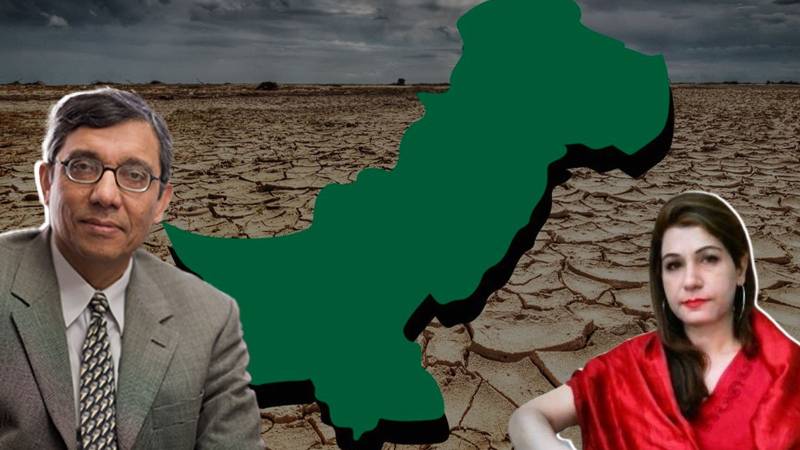In the latest episode of New Wave Global, host Faryal Shahzad speaks with Dr. Zulfiqar Bhutta, the founding director of the Institute of Global Health and Development and the Centre of Excellence in Women and Child Health at Agha Khan University Karachi. The discussion focuses on Pakistan's climate crisis and the urgent need for resilient energy solutions and food security measures.
Dr. Bhutta emphasized the importance of transitioning to renewable energy sources, specifically solar power, to address the climate-related challenges faced by Pakistan. He stated, "There is a need to look at alternative energy sources, which means we need to get onto solarization as soon as possible." This transition is crucial for maintaining a sustainable energy supply for health facilities and other essential services, he added.
Dr. Bhutta highlighted the significant issue of micronutrient deficiencies in Pakistan. While progress has been made in reducing iodine deficiency, he stresses the need for broader micronutrient fortification programs beyond just iron and folic acid to address deficiencies in vitamin A, zinc, and iodine.
The episode also covers the importance of wide-scale food fortification and effective crop storage strategies to mitigate the impacts of climate change on food security. Dr. Bhutta advocates for a comprehensive approach to fortifying food with multiple nutrients to improve public health outcomes.


